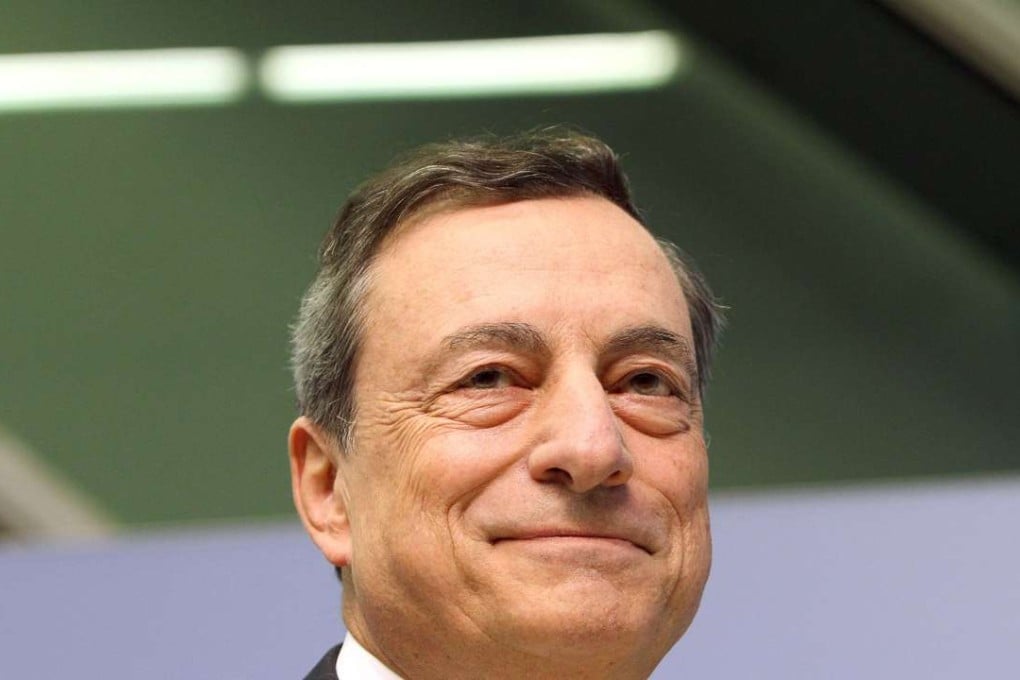Macroscope | Are we about to see the endgame of the super-stimulus cycle?
Investors should brace for a big shock if central banks hit the monetary brakes, interrupting markets that have become reliant on cheap and easy cash

There’s a definite hint of hesitation in the air and it is bad news for markets bulled up on the belief that the central banks’ super-stimulus will be an everlasting free-for-all. For global investors accustomed to a non-stop flow of cheap and easy cash there is a big shock waiting round the corner. This monetary manna could soon be drying to a trickle, leaving financial market confidence high and dry.
Markets like certainty and a clear vision of what the future holds. The problem is there is too much monetary murk out there right now. The US Federal Reserve has been on the cusp of tougher monetary policy for ages and it is still unclear whether it has the nerve to move again later this month when its interest rate-setting committee next meets. The vacillation is weighing on investors’ minds and boosting market volatility.
This monetary manna could soon be drying to a trickle, leaving financial market confidence high and dry
It is not just the Fed. The Bank of Japan seem to be casting doubts about the prospect of further easing, while the Bank of England is being roundly criticised for over-reaction after its post-Brexit stimulus measures. Perhaps the biggest worry of all is the European Central Bank may be getting cold feet at the prospect of additional easing measures after its quantitive easing bond buying programme expires in March 2017.
This could become a major problem for markets. The ECB were late into the easing game after the 2008 crash and have been expected to pick up the baton for super stimulus once the Fed’s monetary contribution to global growth begins to fade. Last week’s ECB policy meeting clearly disappointed investors hoping for some clues that future easing plans will remain open-ended beyond the ECB’s current 1.74 trillion euro QE programme.
To date, the ECB has bought over 1 trillion euros of bonds but there seems little to show for it. Euro zone economic growth and inflation remain just as anaemic with little prospect of picking up over the foreseeable future. If anything, downside risks to growth seem to be picking up, not diminishing, despite the wall of ECB money thrown at the economy, currently equivalent to about 10 per cent of euro zone GDP.
